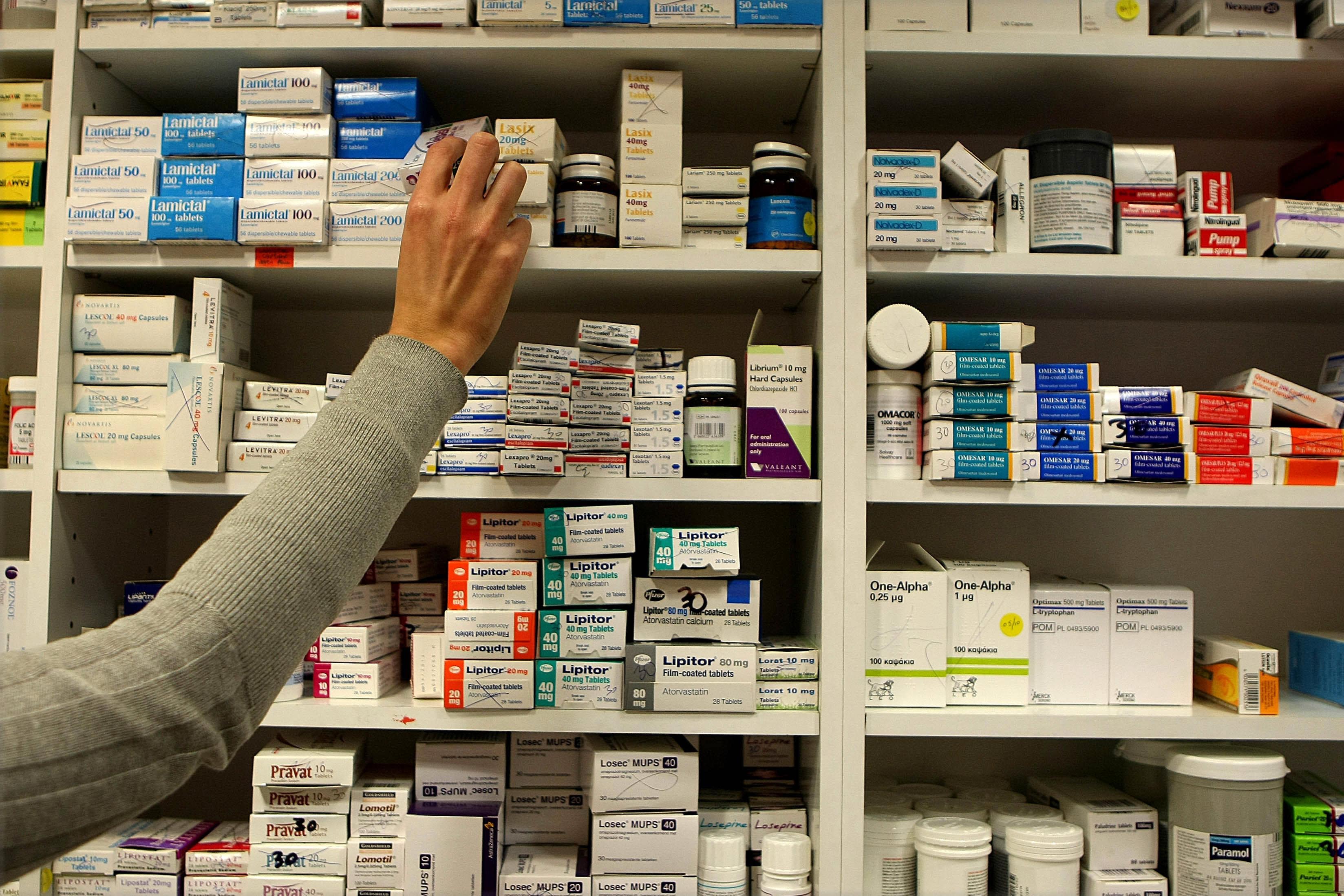Hundreds of pharmacy closures ‘add to GP pressure’
More than 400 community pharmacies in England have closed since 2019.

Hundreds of community pharmacies have closed in the last five years, which has heaped more pressure on overstretched GPs, pharmacists have warned.
The Association of Independent Multiple Pharmacies said more than 400 community pharmacies across England closed between 2019 and 2023.
And it warned of a “tsunami of further pharmacy closures across the country” due to pressures in the system.
Every day I hear of pharmacists working excessive hours, losing money, falling into debt and being wracked by financial worries, uncertain if they will be able to keep the doors open
The association also called on the Government to “properly fund” its flagship Pharmacy First initiative – where patients with seven common conditions are encouraged to seek help from a pharmacist instead of their GP.
These conditions are sinusitis, sore throat, earache, infected insect bite, the bacterial skin infection impetigo, shingles, and uncomplicated urinary tract infections in women.
But the association claims the community pharmacy sector is already facing a £1.2 billion shortfall in funding.
Dr Leyla Hannbeck, chief executive of the Association of Independent Multiple Pharmacies, said: “Our new analysis clearly shows that the loss of community pharmacies results in even more pressure piling up on hard-pressed GP surgeries.
“Our community pharmacy teams are working heroically to help their patients, but the odds are stacked against them.
“Every day I hear of pharmacists working excessive hours, losing money, falling into debt and being wracked by financial worries, uncertain if they will be able to keep the doors open. Some are having to turn to family and friends for financial help to keep going.
“We want to be part of the solution to many of the issues facing the NHS, but chronic underfunding, medicine supply challenges and a dysfunctional reimbursement system have created the perfect storm of pharmacy closures.
“If we continue down this path, we risk creating a tsunami of further pharmacy closures across the country.”
She added: “If the Government is honest in its ambition to realise the full potential of pharmacy and reduce pressure on GPs, it needs to properly fund its Pharmacy First initiative and address the rotten contract which is infecting our sector, leaving many pharmacists struggling as closures spread.
“The consequences of a raft of further closures would be devastating. This is why today we are launching our new Fight4Pharmacies campaign to call on the Government to invest in community pharmacy and work with us to mend our broken contract.”
The Department of Health and Social Care said it “does not recognise” the Association’s funding shortfall figure.
A spokesperson added: “We have made up to £645 million of new funding available to support the expansion of community pharmacy services, which comes on top of the £2 billion pharmacies already receive per year.
“Pharmacy First will free up an anticipated 10 million GP appointments a year. It has been widely welcomed by the pharmacy sector and so far, 98% of pharmacies have signed up to deliver it.
“Four in five people live within a 20-minute walk of a pharmacy and there are twice as many pharmacies in deprived areas, making access to care quicker and more convenient.”
Bookmark popover
Removed from bookmarks